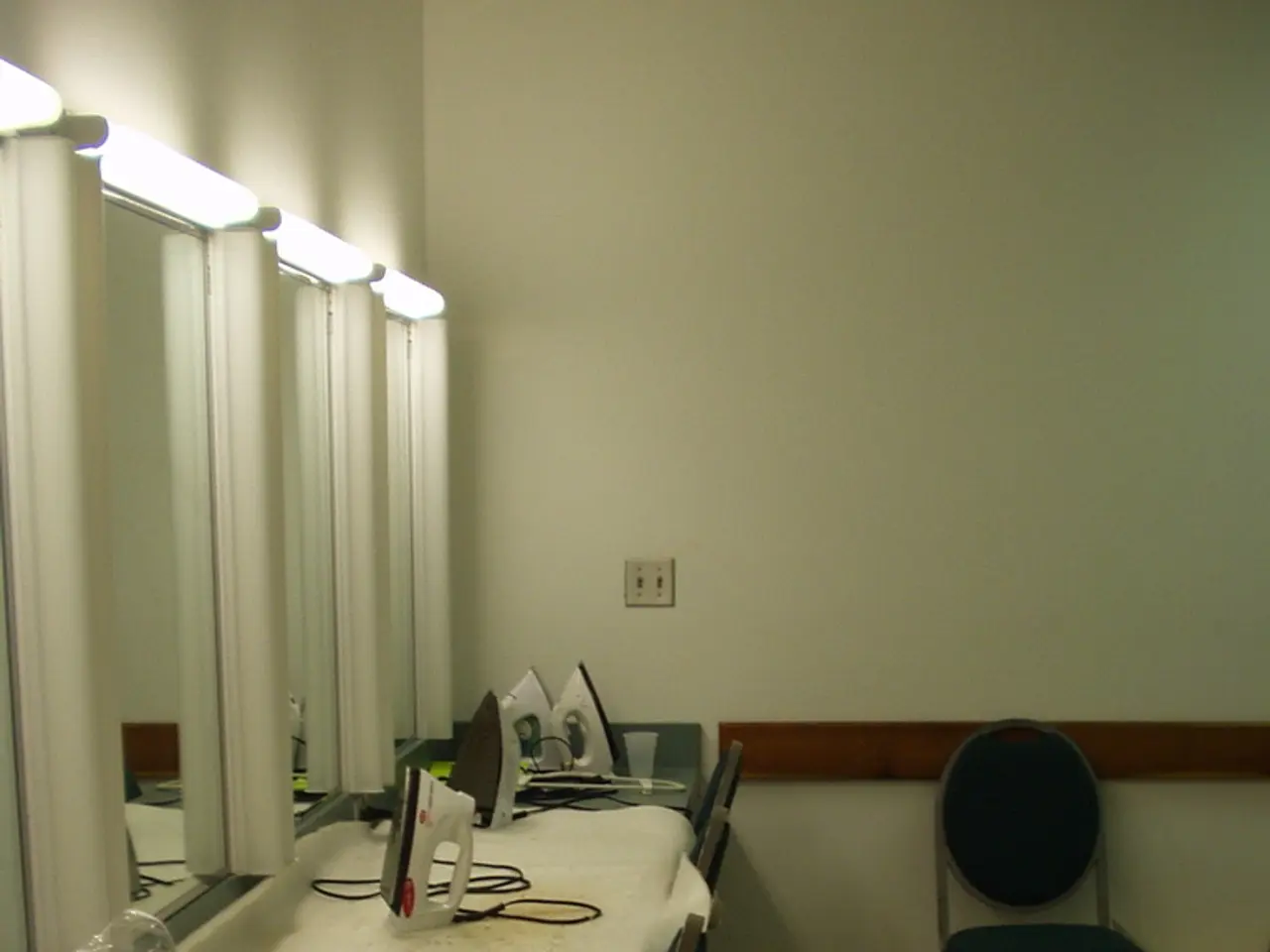Reduced support for extensive Swedish household allowances
The Swedish government has announced a proposal to reduce social security for families with four or more children, a move aimed at encouraging more people to find jobs and become self-sufficient. According to the plan, the benefit per child for such families will be cut by 75 percent.
This proposal has sparked controversy, with opposition parties questioning its effectiveness and potential unintended consequences. Anders Ygeman, Social Democrat social insurance and migration spokesperson, has expressed doubts about making families with children poorer as a means of progress for Sweden.
Erik Ulnes, advisor for Rädda Barnen, shares similar concerns, expressing that children are being punished under the proposal due to factors beyond their control. Civil society organizations have also criticized the proposal, raising concerns about potential violations of children's rights.
The Swedish government hopes that these changes will lead to an increase in employment, a goal that was achieved, albeit moderately and temporarily, according to Olof Åslund, Professor of Economics and Scientific Director at Uppsala University's Immigration Lab. However, Åslund also notes that the Danish welfare cap, introduced in the early 2000s, had side-effects that the Danish government did not desire, such as a decline in school results and an increase in crime among young people, as revealed in his research.
From 2027, anyone moving to Sweden will be required to qualify for social security payments before becoming eligible for them. This requirement involves living in Sweden for five years or earning a salary of at least 20,000 kronor a month for twelve of the preceding 24 months. The Swedish government also plans to introduce a 'job premium' for social security dependents who get a job next year.
For families with just two children, the amount of social security will fall by 800 kronor, while a family with five children will see their monthly social security payments fall by 8,000 kronor. The people potentially affected by these changes are large families in Austria, particularly those with four or more children who currently receive these family benefits.
The Danish government, having experienced the consequences of their welfare cap, did not want the side-effects that came with it, according to Åslund. This serves as a cautionary tale for the Swedish government as they navigate the implementation of their proposed welfare cuts.
As the debate continues, it remains to be seen whether the proposed changes will achieve their intended goal of encouraging employment while ensuring the rights and well-being of children are not compromised.
Read also:
- United States tariffs pose a threat to India, necessitating the recruitment of adept negotiators or strategists, similar to those who had influenced Trump's decisions.
- Weekly happenings in the German Federal Parliament (Bundestag)
- Southwest region's most popular posts, accompanied by an inquiry:
- Discussion between Putin and Trump in Alaska could potentially overshadow Ukraine's concerns








